Targeted commitments
Political will and a national strategy that prioritises targeted investments in cancer control as well as action at the international level can reduce the global cancer burden.
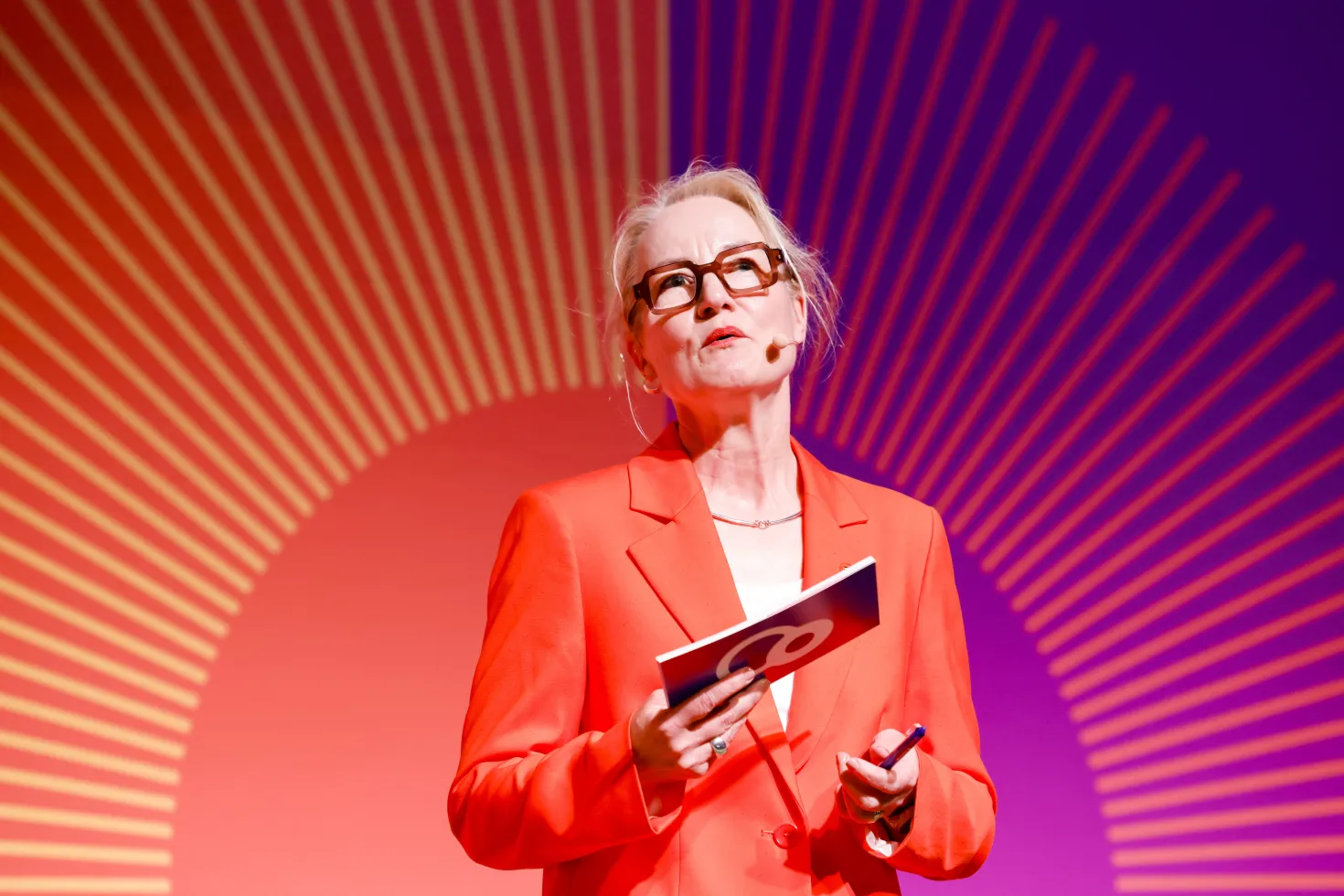
Positive change in cancer control that benefits the health of all populations requires political will and targeted investments in cancer care that are aligned with a country's resources.
To this end, UICC works to bring cancer to the attention of global leaders and engages regularly with United Nations agencies, UICC members, civil society and other stakeholders to achieve the implementation of global cancer and non-communicable disease (NCD) commitments, including: the World Cancer Declaration, the 2017 Cancer Resolution, the Global Action Plan on NCDs, WHO Best Buys, Sustainable Development Goal #3, Global Strategy to eliminate cervical cancer and Global Breast Cancer Initiative.
UICC also works closely with the International Cancer Control Partnership (ICCP) to ensuring that all countries develop and implement a national cancer control plan, and that national health investments in cancer control and other NCDs increase over time.
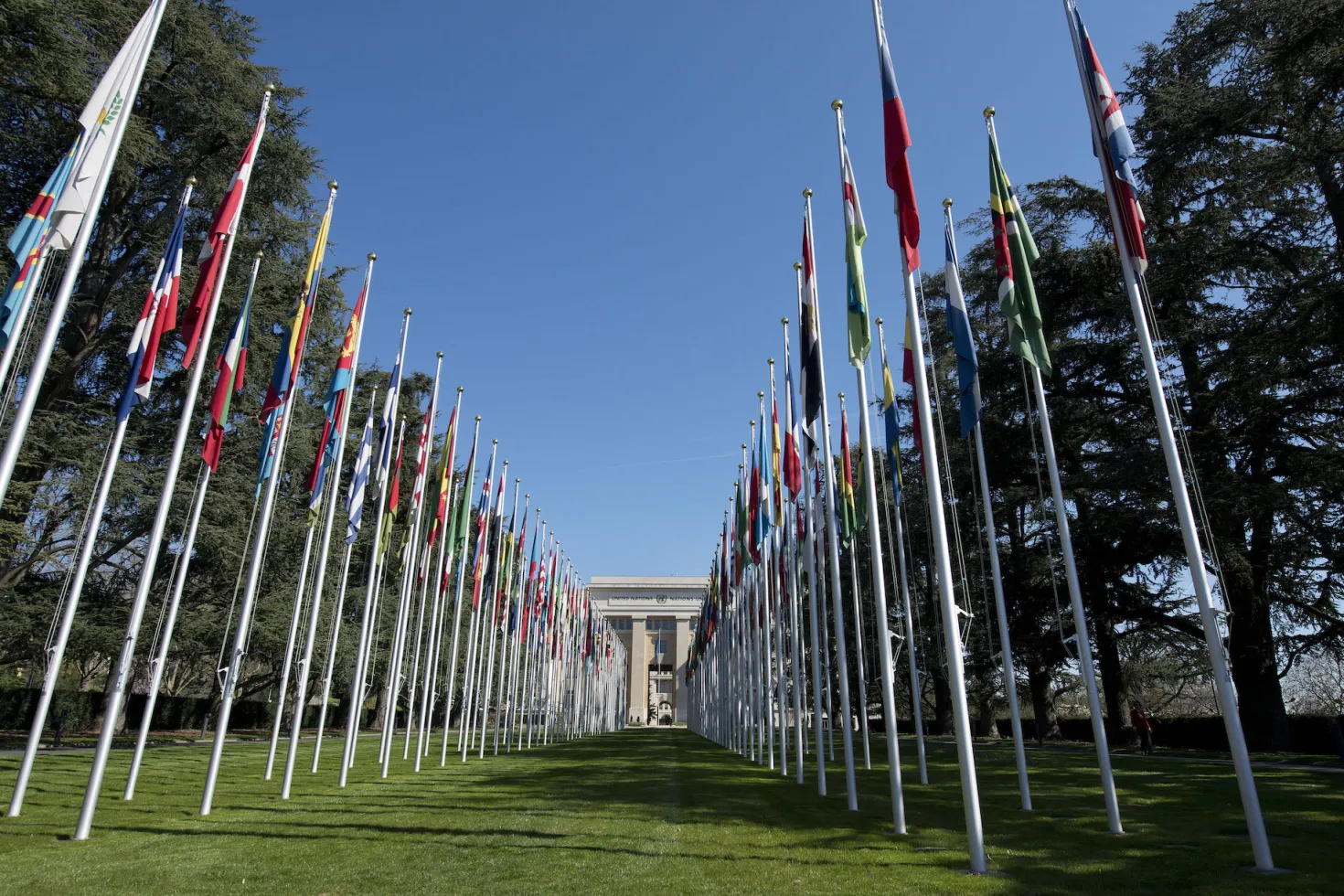
On 30 May 2017, health leaders from across the world reaffirmed cancer control as a critical health and development priority as they adopted the 2017 cancer resolution, entitled “Cancer prevention and control in the context of an integrated approach” at the 70th World Health Assembly (WHA) in Geneva.

The Union for International Cancer Control (UICC) invites its members to endorse the new World Cancer Declaration 2025–2035, a bold and forward-looking framework designed to guide global cancer control efforts over the next decade.
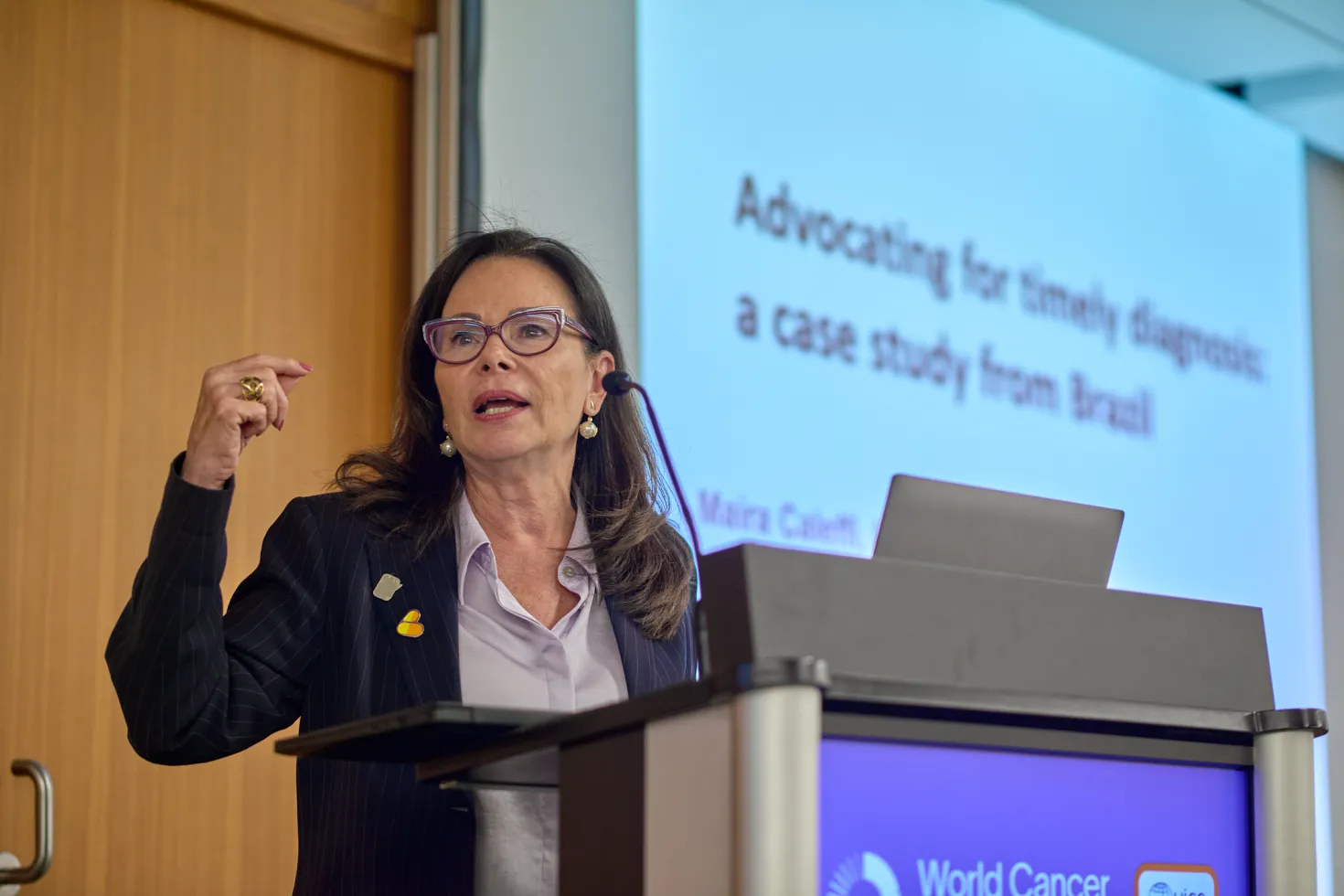
A tool which aims to help policy makers and cancer and NCD advocates build understanding about the links between international time bound commitments and priority actions for national impact.

In 2020, the WHO set the 90-70-90 targets aiming to eliminate cervical cancer by 2030. Vaccinate 90% of girls, screen 70% of women, treat 90% with cervical disease.

Breast cancer is now the most commonly diagnosed cancer globally, ahead of lung cancer. While the incidence of breast cancer is generally higher in more developed regions, the number of cases is rising in low- and middle-income countries and they are often diagnosed later, leading to more serious outcomes.
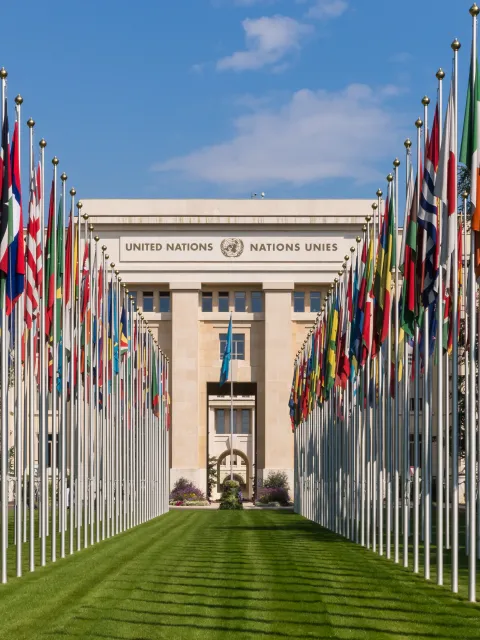
UICC aims to advance cancer control on a large scale to improve the lives of millions of people across the world
Driving global impact

In 2020, an estimated 10 million people died prematurely from cancer. It is expected that by 2030, this number will rise to nearly 13 million. This alarming trend can be reversed with strong action at global and national levels.
Advocacy
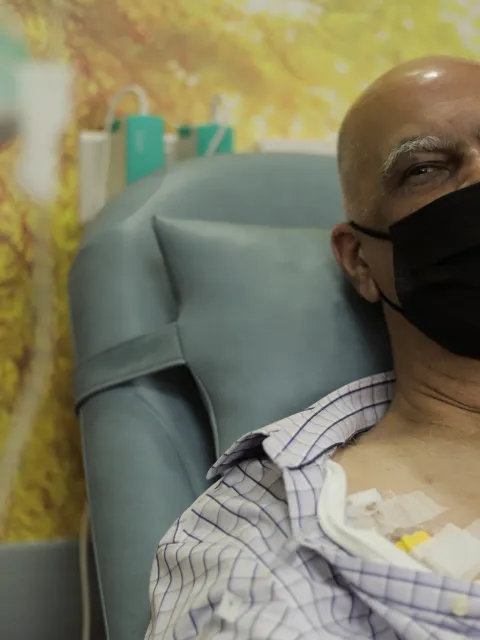
A comprehensive plan is a prerequisite for effective and efficient action on health nationally. There are two key areas where UICC is helping advance discussions and action on cancer control planning.
Cancer control planning
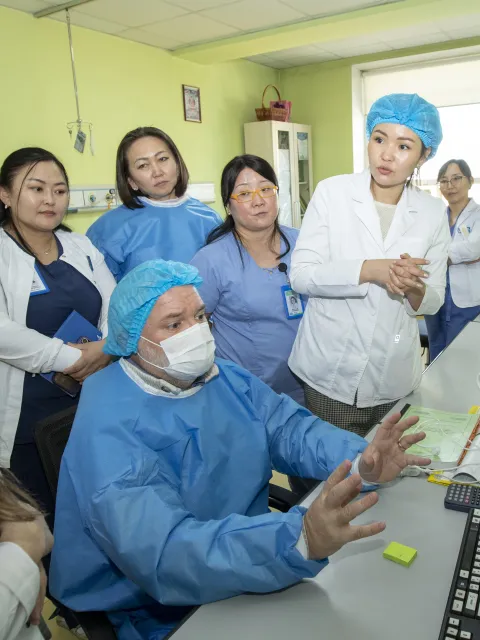
UICC has created several new organisations and initiatives to address long-term public health challenges and unmet needs.
Creating new initiatives
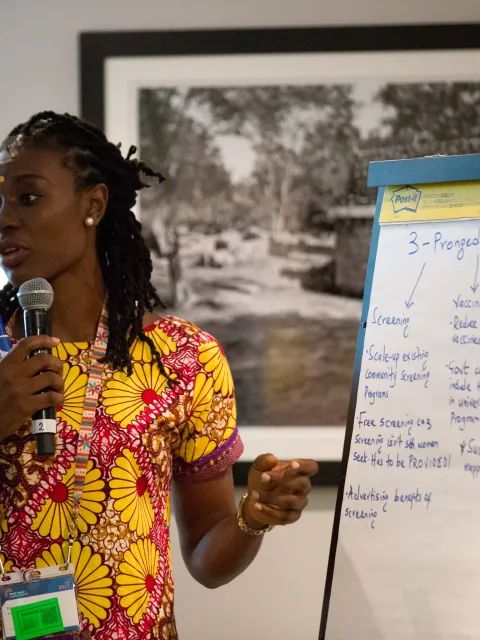
Since 2013, the Young Leaders programme has been supporting emerging cancer control professionals to become successful leaders in cancer control and the wider global health community.
Young Leaders programme
Last update
Thursday 27 February 2025